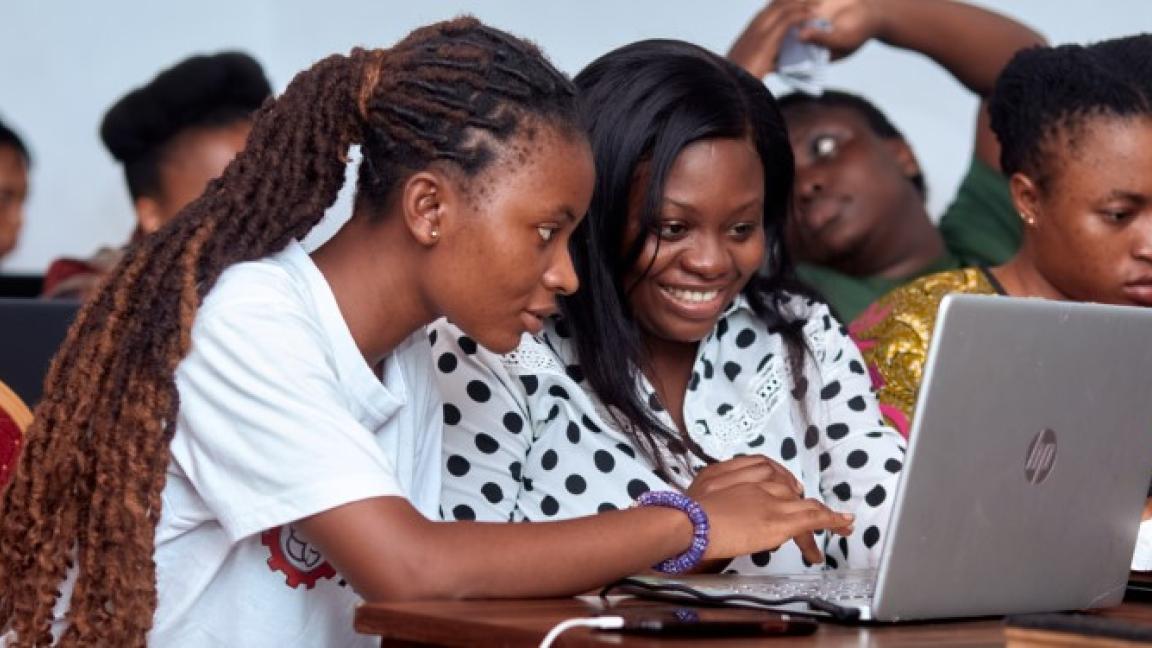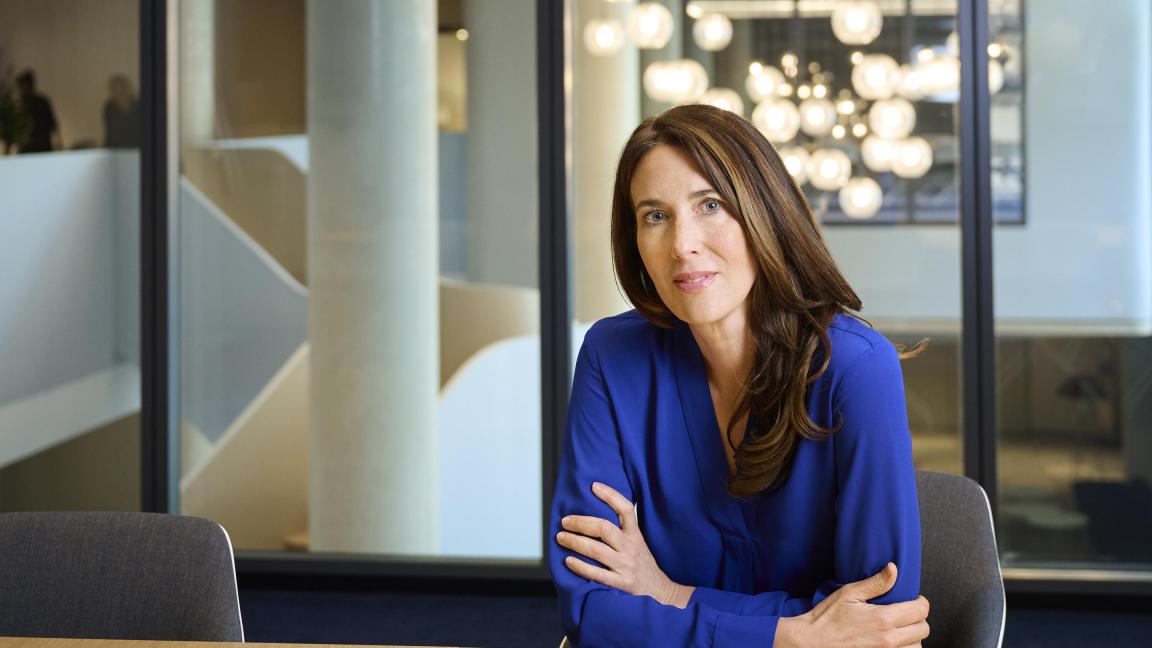Die Deutsche Gesellschaft für Internationale Zusammenarbeit (GIZ) GmbH arbeitet seit über 40 Jahren in Ruanda und ist mit einem Büro in der Hauptstadt Kigali vertreten.
In Ruanda sind die Folgen des Genozids von 1994 bis heute spürbar, doch das Land erzielte in den letzten Jahren viele Fortschritte. Stabilität, Sicherheit sowie stetiges Wirtschaftswachstum und geringe Korruption gehören zu den wichtigsten Erfolgen. Zudem gilt der Staat als Vorreiter in Afrika beim Umwelt- und Klimaschutz, der Digitalisierung und Gleichberechtigung der Geschlechter.
Diesen Erfolgen stehen jedoch Entwicklungshemmnisse gegenüber: Die Reduzierung der Armut hat in den letzten Jahren an Dynamik verloren. Das starke Wirtschaftswachstum scheint keine ausreichende Breitenwirkung zu entfalten, die Schaffung von Arbeitsplätzen ist nach wie vor begrenzt und die Produktivität niedrig.
Gründe dafür sind die starke Abhängigkeit von der Subsistenzwirtschaft, eine geringe Industrialisierung sowie ein schwacher formeller Privatsektor. Unzureichende Infrastruktur, begrenzter Zugang zu Finanzmitteln und ein mangelnder Praxisbezug im Bildungssystem erschweren die Entwicklung.
Darüber hinaus steht der politischen Stabilität des Landes eine ausbaufähige politische Partizipation der Bevölkerung und Zivilgesellschaft an der Ausgestaltung der Entwicklungsagenda gegenüber.
Digital basierte Wissensgesellschaft und Wirtschaft voranbringen
Die GIZ arbeitet vorrangig im Auftrag des Bundesministeriums für wirtschaftliche Zusammenarbeit und Entwicklung (BMZ) in Ruanda. Kernthemen sind dabei:
- Demokratie und Rechtsstaatlichkeit
- Klima- und Umweltschutz
- Wirtschaft und Beschäftigung
Im Bereich gute Regierungsführung unterstützt die GIZ das Land dabei, kommunale Verwaltungen zu verbessern. Dienstleistungen vor Ort sollen effizienter, bedarfsgerechter und transparenter erbracht werden. Ausgewählte zivilgesellschaftliche Organisationen erhalten Beratung und finanzielle Förderung, um ihre fachlichen und organisatorischen Kompetenzen auszubauen.
Um nachhaltig Ruandas Zukunft zu sichern, stellt die GIZ Fähigkeiten und Wissen für die Transformation der Energieversorgung, der Stadtentwicklung und der Abfallwirtschaft zur Verfügung. Zugleich wird Ruandas Natur geschützt und der Klimawandel bekämpft.
Die Arbeit im Bereich nachhaltige Wirtschaftsentwicklung zielt darauf ab, Arbeitslosigkeit und Unterbeschäftigung zu reduzieren und besser bezahlte Arbeitsplätze zu schaffen. Dafür macht die GIZ Unternehmen wettbewerbsfähiger, etwa durch Produktzertifizierungen, und erhöht die Arbeitsmarktrelevanz und Qualität der Berufsbildung. Darüber hinaus berät die GIZ dazu, die lokale Pharmawirtschaft und Produktion von Impfstoffen weiter aufzubauen.
Ruanda möchte sich zur digital basierten Wissens- und Dienstleistungsgesellschaft entwickeln. Die GIZ begleitet die Digitalisierung der Verwaltung, fördert Start-ups und Zukunftstechnologien sowie künstliche Intelligenz und bildet marginalisierte Bevölkerungsgruppen mit digitalem Wissen. Das Digitalzentrum Ruanda dient als zentraler Kompetenz-Hub.
Steckbrief Ruanda
GIZ Mitarbeitende
Stand: 31.12.2025
- 199 Nationale Mitarbeitende
- 59 Internationale Mitarbeitende
- 17 Entwicklungshelfer:innen
Einblicke


